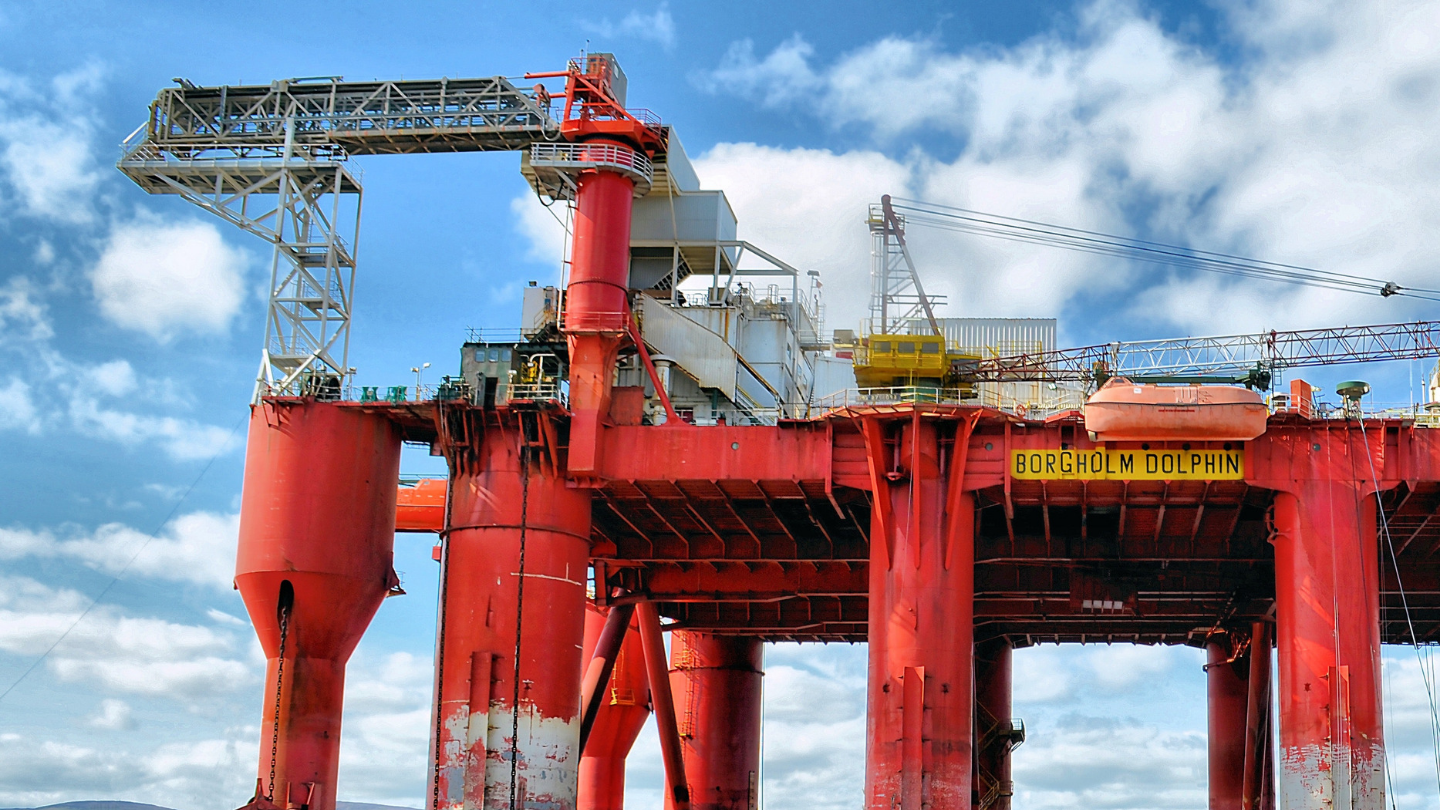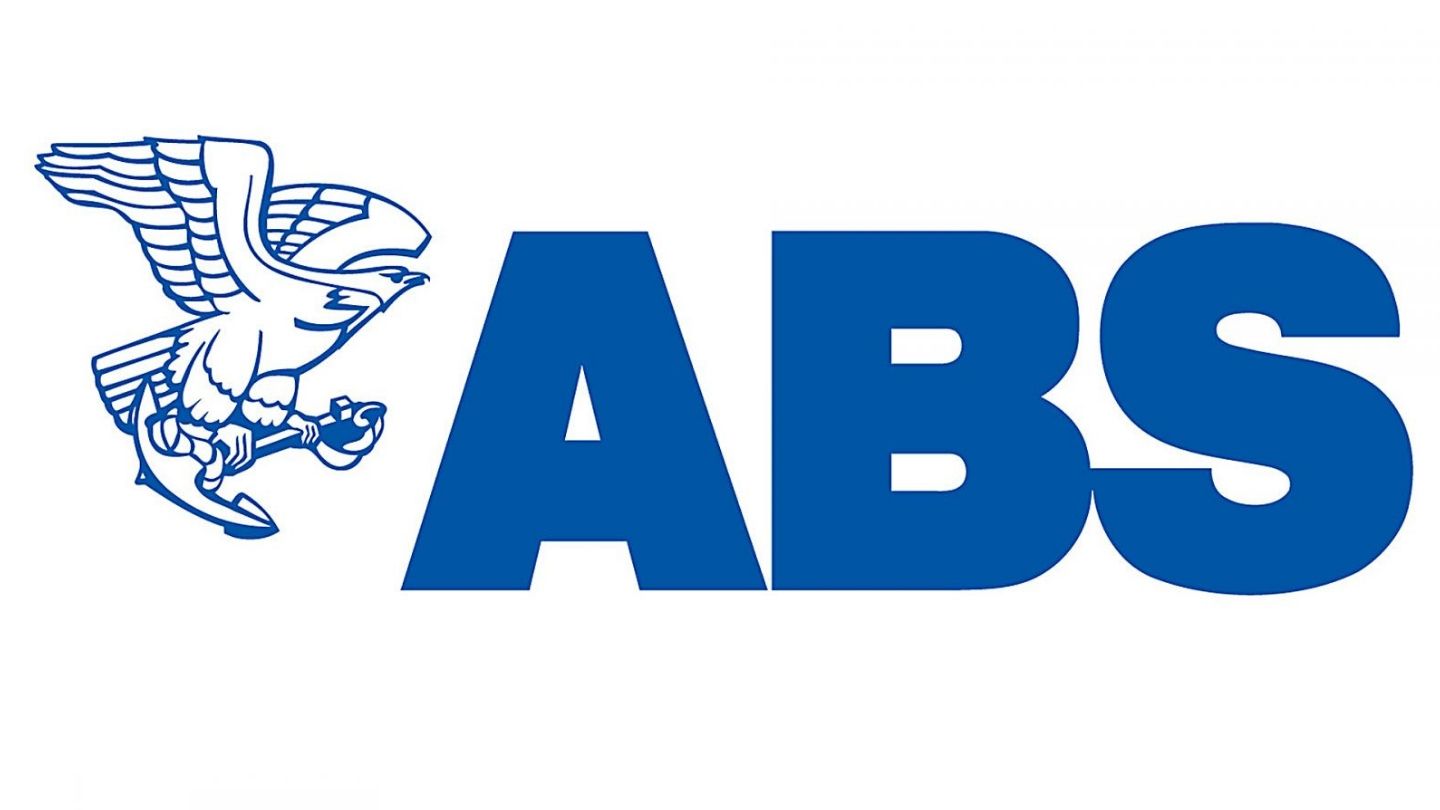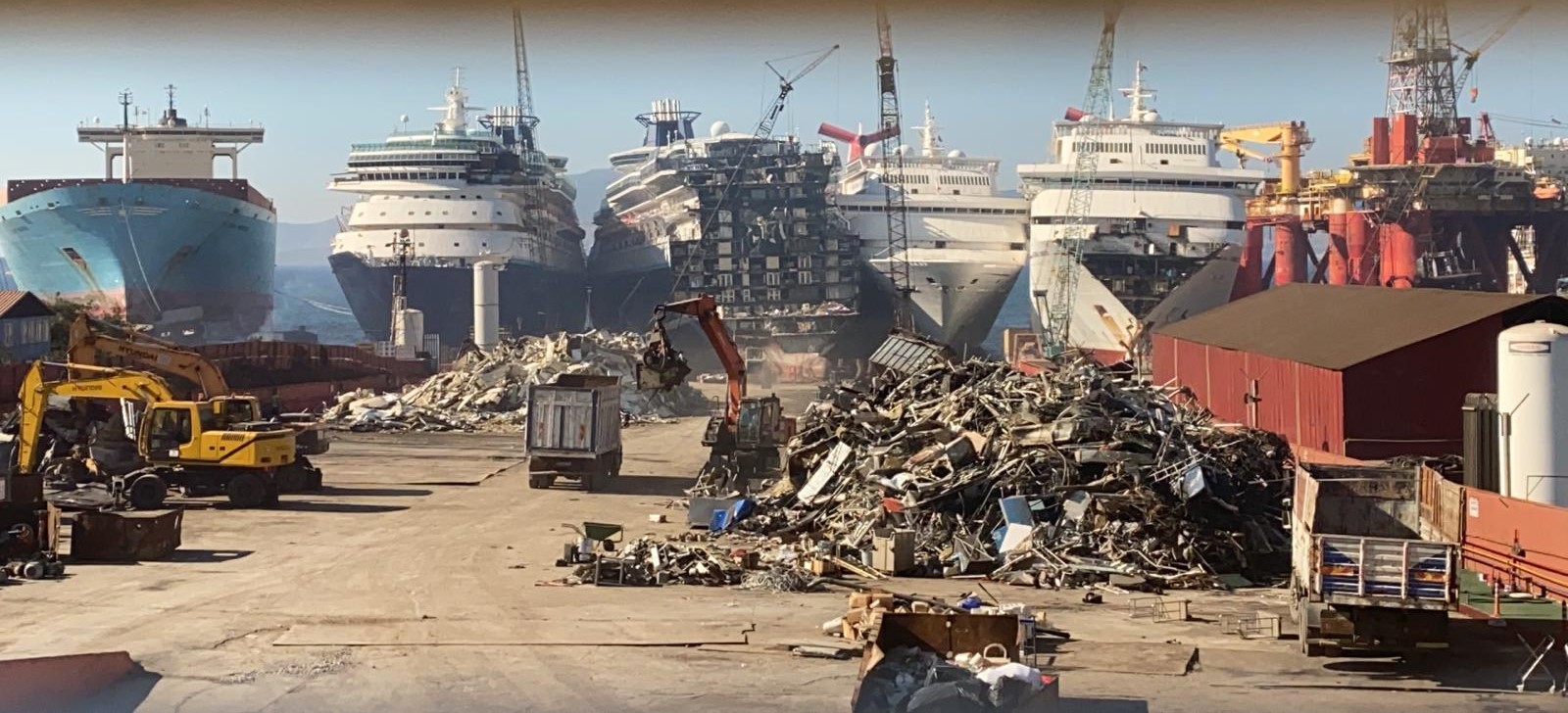UKCS Decommissioning: Are We Up To It?
22 November 2022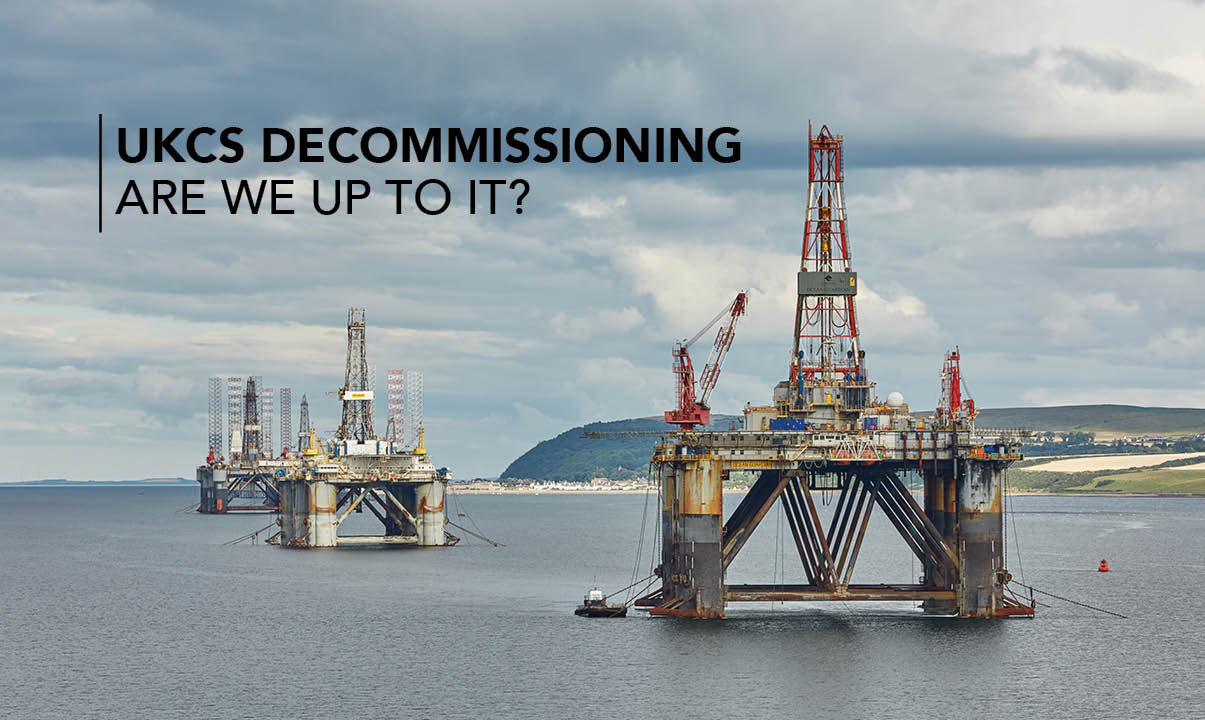
The North Sea Transition Authority (NSTA) released the United Kingdom Continental Shelf (UKCS) Decommissioning Cost Estimate in August 2022. With a forecasted cost to decommission UKCS upstream oil and gas infrastructure of £44.5bn, and an economic crisis hitting Europe, can the UK meet the KPIs set out by the NSTA?
Marine Services Director Kevan O’Neill explores the feasibility to meet ambitious targets when considering hazardous materials.
The recently released UKCS Decommissioning Cost Estimate 2022, published by the North Sea Transition Authority, highlights the enormity of the task ahead for the UK regarding liabilities for the disposal of disused oil and gas infrastructure.
UKCS currently has approximately 870 inactive/suspended wells, with more projected to come offline over the coming months and years.
The forecasted decommissioning spend over the coming decade accounts for an estimated £2bn per annum. That's £20bn over the coming 10 years (2022-2031). The decommissioning activity forecasted for the coming decade includes:
- Wells - 1317 platform, 676 subsea and 139 open water suspended wells.
- Topsides - 126 topsides for removal (anticipated 900,000 Te).
- Substructures - 126 substructures for removal (anticipated 560,000 Te).
- FPSO - 14 FPSO vessels for removal
The current decommissioning cost is estimated to be £44.5bn for all UKCS upstream oil and gas infrastructure. This is some £15bn (25%) lower than the original baseline estimates that were put in place in 2017. The initial targets laid out by NSTA were to achieve a 35% cost reduction (from the baseline forecast) by the end of 2022. The impacts of the pandemic and ongoing economic turmoil have, quite understandably, had an impact on the progress of both physical decommissioning activities, and subsequently the desired cost reduction. However, with most completed project spending being 20%-25% lower than the initial forecast, this is good news for the sector, operators and the Exchequer.
Whilst decommissioning activities and the associated spend were lower than forecasted in 2021, the NSTA report suggests an expectation that activity and expenditure will increase significantly over the next two years, which will in turn set a benchmark for the coming two decades, peaking at £2.5bn spend, per annum, towards the end of 2020s. This is expected to account for 25%-30% of overall UKCS oil and gas industry expenditure.
Can efficiencies be achieved to reduce forecasted spend by a further 10% achieving that magic number of 35%, set as a target by NSTA? In the midst of the current economic crisis, with increased energy prices driven by conflict in Ukraine, and rates of inflation skyrocketing, this could be a challenge.
With effective planning, continued supply chain and sector collaboration, cross-industry knowledge sharing, and the development of pioneering and efficient decommissioning practices, it is expected that the downward budget trajectory could still be attainable. It goes without saying, that any cost reduction should never be to the detriment of health, safety or environmental considerations.
Most of the hazardous materials that could potentially be damaging to the environment or present risk to those who conduct decommissioning activities are generally contained within structures, processing equipment and plant within the topside (or on an FPSO vessel). It is estimated that the removal and disposal/recycling of topsides accounts for approximately 46% of the overall decommissioning activity.
Understanding the extent of any hazardous materials contained within a structure early in the project planning process is imperative. Lack of visibility in the early stages not only presents risks of possible occupational exposure or detrimental impacts on the environment, but it can also pose potential knock-on effects to the decommissioning project, costing time and money.
Whilst decommissioning offers a long-term opportunity for the UK supply chain, is the knowledge and experience available to service the ambitious targets for the coming decade, and beyond?
About The Author
Kevan O’Neill is a specialist in hazardous materials management in the marine sector, working with clients such as Maersk, SBM Offshore and Helix Well Ops, leading teams of surveyors and analysts to deliver inventory of hazardous material (IHM) surveys and remediation and ship recycling plans (SRPs) in locations across the world.
As Marine Services Director, Kevan uses his expertise to support clients in managing hazardous materials on vessel fleets, ships and offshore platforms and maintaining compliance with Safety of Life at Sea (SOLAS), the Hong Kong Convention and the EU Ship Recycling Regulations. Kevan is an approved Senior Expert working on behalf of the European Commission in the review, audit and approval process of ship recycling facilities that are situated outside of the European, Union and who wish to appear on the ‘European List’ of approved recycling facilities.
He then began to specialise in hazardous materials management in the marine sector, working with clients such as Maersk, SBM Offshore and Helix Well Ops where he lead teams of surveyors and analysts to deliver inventory of hazardous material surveys and remediation and ship recycling plans (SRPs) in locations across the world.
Kevan, who holds a BOHS Certificate of Competence in Asbestos, and is also an Associate Member of the Royal Institution of Naval Architects (AssocRINA), has developed a wealth of practical experience in managing hazardous materials for clients in the marine, construction, utilities and oil & gas sectors and in 2014 he became a Principal Consultant for Lucion’s consultancy division.
Kevan O’Neill
Marine Services Director
E: kevan.oneill@lucionservices.com
T: +44(0)345 5040 303
M: +44(0)756 8106 393
Linkedin: Kevan O’Neill
Inventory of Hazardous Materials Guide
The Inventory of Hazardous Materials (IHM) is a structured system to control hazardous materials onboard ships and achieve compliance with the EU Ship Recycling Regulation (EU SRR) and Hong Kong Convention (HKC) for the Safe and Environmentally Sound Recycling of Ships. Read Lucion Marine clients' most frequently asked questions and answers.
_1.png)
Download From NexGen
IMPACT Magazine
Industry news delivered by Lucion Group and its subsidiary companies.
Issue 2 May 2023
No sign-up required
Lucion Group Brochure
Lucion Group is a purpose-driven company where we protect people from hazardous environments and protect the environment from the impacts of people.
Find out about our suite of services with our overview services brochure.
No sign-up required
 NexGen
NexGen
